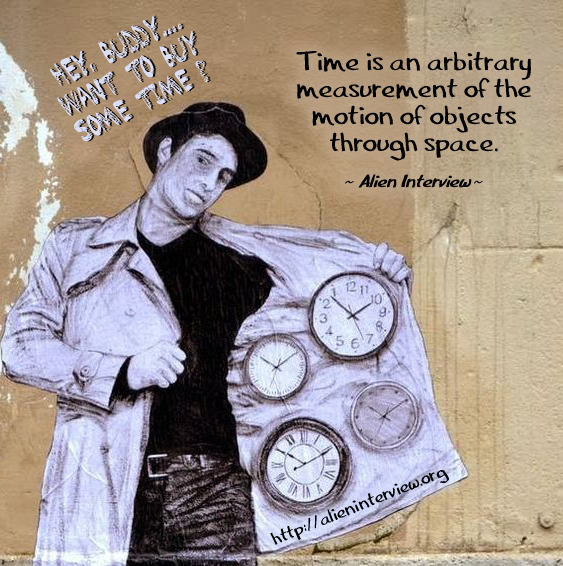Republished by Blog Post Promoter
- ego or egō (first person, nominative, plural nos) I ; first person singular personal pronoun, nominative case
EGOISM:
- The tendency to think selfishly with exclusive self-interest in mind.
- (ethics) The belief that moral behavior should be directed toward one’s self-interest only.
- (nonstandard, by confusion of the similar words) egotism.
PRIDE:
- Pride is a high sense of the worth of one’s self and one’s own, or a pleasure taken in the contemplation of these things.
(NOTE: In Christianity, the word “pride” is used negatively, as a “deadly sin”. In other words, God is very jealous and vindictive and is the ONLY being that can exibit pride. Therefore, all of the rest of you ignorant slaves must bow down and worship ME, and ONLY ME!!! (If you do not, I (god) will strike you down with a bolt of lightning!!!) )
Aristotle identified pride (megalopsuchia, variously translated as proper pride, greatness of soul and magnanimity)as the crown of the virtues, distinguishing it from vanity, temperance, and humility, thus:
- “Now the man is thought to be proud who thinks himself worthy of great things, being worthy of them; for he who does so beyond his deserts is a fool, but no virtuous man is foolish or silly. The proud man, then, is the man we have described. For he who is worthy of little and thinks himself worthy of little is temperate, but not proud; for pride implies greatness, as beauty implies a goodsized body, and little people may be neat and well-proportioned but cannot be beautiful. Pride, then, seems to be a sort of crown of the virtues; for it makes them more powerful, and it is not found without them. Therefore it is hard to be truly proud; for it is impossible without nobility and goodness of character.”
ETHICAL EGOISM:
Ethical egoism can be broadly divided into three categories: individual, personal, and universal. An individual ethical egoist would hold that all people should do whatever benefits “my” (the individual) self-interest; a personal ethical egoist would hold that he or she should act in his or her self-interest, but would make no claims about what anyone else ought to do; a universal ethical egoist would argue that everyone should act in ways that are in their self-interest.
Philosopher Friedrich Nietzsche suggested that egoistic or “life-affirming” behavior stimulates jealousy or “resentment” in others, and that this is the psychological motive for the altruism in Christianity. Sociologist Helmut Schoeck similarly considered envy the motive of collective efforts by society to reduce the disproportionate gains of successful individuals through moral or legal constraints, with altruism being primary among these. In addition, Nietzsche (in Beyond Good and Evil) and Alasdair MacIntyre (in After Virtue) have pointed out that the ancient Greeks did not associate morality with altruism in the way that post-Christian Western civilization has done. Aristotle‘s view is that we have duties to ourselves as well as to other people (e.g. friends) and to the polis as a whole. The same is true for Thomas Aquinas, Christian Wolff and Immanuel Kant, who claim that there are duties to ourselves as Aristotle did, although it has been argued that, for Aristotle, the duty to one’s self is primary.
Ethical egoism has been alleged as the basis for immorality. Egoism has also been alleged as being outside the scope of moral philosophy. Thomas Jefferson writes in an 1814 letter to Thomas Law: “Self-interest, or rather self-love, or egoism, has been more plausibly substituted as the basis of morality. But I consider our relations with others as constituting the boundaries of morality. With ourselves, we stand on the ground of identity, not of relation, which last, requiring two subjects, excludes self-love confined to a single one. To ourselves, in strict language, we can owe no duties, obligation requiring also two parties. Self-love, therefore, is no part of morality. Indeed, it is exactly its counterpart.”
Definition Sources: Wikipedia.org







